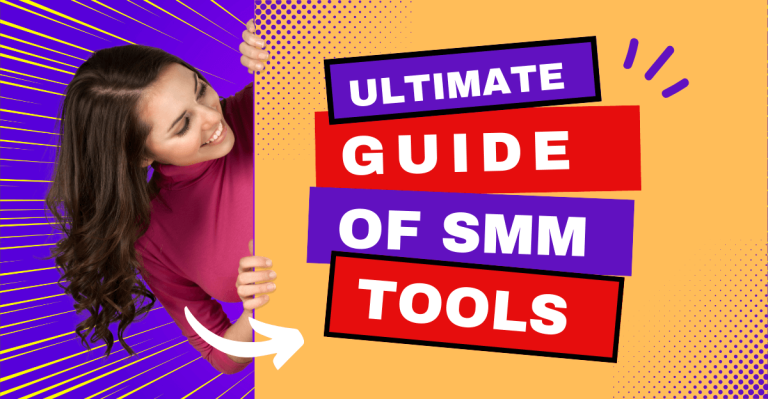Do what others ignore (9/10)
In this ninth lesson on Local SEO, we'll talk about other factors that affect local search visibility.
In the previous lessons, we covered all the important factors that affect Local SEO and how your business appears in local search results. At second lesson We talked about the annual Local Search Ranking Factors study and then covered the most important factors in the following lessons. In this lesson, we'll look at the others - while they don't carry much weight, it's important to understand how they all work together and help Google's local algorithm. Remember, you will stand out when you do the things that everyone else ignores.
Behavioural signals and interaction
Behavioural signals are the largest of the last pieces of the pie. This is basically a segment for user engagement in your own business, out there in the real world - and it's the various ways Google can tell when real users are interacting with your business. For example, interacting with your GMB listing falls under the category of behavioral signals. The more people who interact with your Google My Business listing, the more value your business will have for Google.
Clicks, clicks, clicks...
Mobile clicks to your phone number and clicks to get navigation directions to your business are a huge part of this. Clicks to read reviews, clicks to view photos, clicks on Posts and Q&A, clicks, clicks, clicks, clicks (we think it's clear by now...) - every time someone interacts with your listing, it's a strong indication of interest from the user that Google can track.
On-site check-ins would be another example of real behavioural signals that would demonstrate users' preference for Google. Google may even track users in the real world for see when they are at your location - how do you think they receive the information on the "most popular time to visit" graph on your GMB profile? Η click to number of impressions ratio in search results is another behavioural signal that potentially affects your ranking.
Google says that the ratio of clicks to number of impressions has no effect, but there has been too much research done to prove that there is at least minimal influence. It makes sense, right? We all understand that. If a user clicks on a search result and then quickly returns to the same search results page and clicks on another result, it's pretty clearly he didn't find what he was looking for. This is usually called pogo-sticking.
If a significant number of users are leaving your site, it would make sense that Google would not show you as often, as user signals seem to indicate that they are not finding relevant answers.
On the other hand, if you rank below sites that have a high pogo-sticking ratio, but users found their answer on your site and didn't return to Google, it would also make sense that your site would start to appear higher in the search results.
Of course, this is all speculation and no one has definitively proven that the click-to-view ratio affects rankings. Except that some people have actually done it. In the short term, test sites with huge click to number of impressions ratios would shoot up in the rankings, but it didn't seem to have much effect in the long term.
The real world is the one that counts
Many experts believe that there is possibility of much greater emphasis on behavioural signals in the future. It's easy to handle links and reviews, but it's incredibly difficult to fake these real-world signals. As Google finds better ways to track actual users and their loyalty to your business (they choose you again and again), it's likely that these behavioural signals will continue to become more relevant. So start treating customers great even after they leave the business by giving them the attention they deserve and responding to their reviews in a personalized way.
Personalisation and browsing history
Personalisation is another one of those little slices of pie - and it used to count for a lot more back in the day. In the past, Google personalized search results based on the search history of the device on which the search was performed. In other words, if you search on your phone, the previous searches you've done will affect the search results you see.
However, it is much less of a factor recently. While there may be small differences in search results based on personalization, it becomes such a small ranking factor that it has virtually no effect. Google even says it no longer personalizes search results, so it's likely we'll see this signal continue to diminish in strength or even disappear altogether.
(Non) Importance of social media
And speaking of brands that may disappear altogether - the smallest slice of the pie and the least weighted ranking factor are brands from social media platforms.
This includes signals from social media sites, where Google tracks engagement, and comments on Facebook or Twitter (X) - or other social media sites - that are relevant to your business.
It was once popular to think that social signals were the next big thing in SEO. Experts felt that social signals would be a better starting signal than links, as they were harder to fake and much more common in the real world.
At one point, Google even said it was exploring possible ways to make social engagement signals part of the ranking algorithm. Some SEO experts even set up experiments to test whether a site could be ranked with anything other than social engagement signals.
It is very likely that social networking signals will not even be included in future versions of the local search ranking factors. As Google continues to find more advanced ways to track real-world engagement with businesses, social media messages become less important.
Not that the social media are not important - they are a key part of interacting with customers, especially for local businesses. But it's something you should do as part of your marketing plan because it's good for customer service - not because you think it will help you show up better in search results.
So this is the ninth lesson on Local SEO. In the tenth and final lesson we will talk about the importance of business performance reports in the local search results. For any questions you can contact us.




